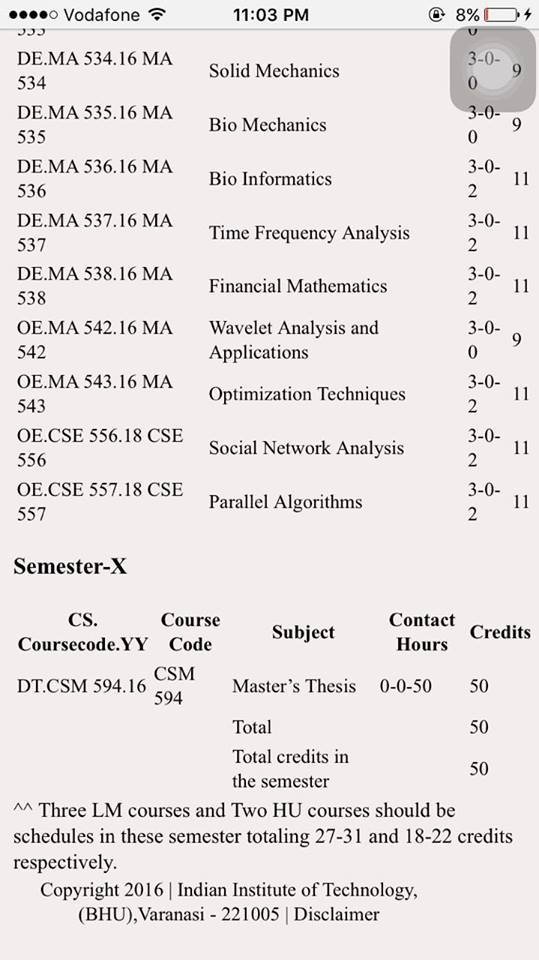The dilemma of selecting a suitable academic pathway can be a daunting challenge for many students, particularly when faced with formidable options such as Mathematics and Computing (M&C) and Electronics and Communications Engineering (ECE). This discourse aims to unravel the intricacies involved in making this decision, posing the playful question: “Which one is better?” Such a query invites a deeper exploration into the core domains, educational trajectories, career prospects, and inherent philosophies of these two disciplines.
1. Defining the Domains
At the outset, it is imperative to delineate what each discipline encapsulates. Mathematics and Computing amalgamates rigorous analytical thinking with practical computing skills, offering students a robust framework for problem-solving and algorithmic thinking. It typically encompasses areas such as discrete mathematics, data structures, algorithms, and advanced programming languages.
In contrast, Electronics and Communications Engineering delves into the more tangible realm of hardware and signal processing. This field combines principles of electrical engineering and telecommunications, focusing on circuit design, communication systems, microprocessors, and embedded systems. Students engage with both theory and practical applications, developing a profound understanding of how electronic devices communicate and function.
2. Curriculum Comparison
Both fields boast rich curricula, yet their emphases diverge significantly. A typical M&C curriculum is imbued with mathematical theories and computational techniques, often integrating disciplines such as artificial intelligence, machine learning, and data analytics. These subjects not only equip students with technical skills but also instill a theoretical foundation necessary for advanced study or diverse employment opportunities.
Conversely, the ECE curriculum is replete with courses in circuit theory, signal processing, and microcontroller programming. Students learn to design and optimize electronic components, engage in hands-on laboratory work, and troubleshoot complex systems. This experiential learning component is vital, fostering both creativity and innovation.
3. Skill Sets and Competencies
The skills acquired in Mathematics and Computing are predominantly centered around analytical reasoning, algorithmic thinking, and software development. Graduates can approach complex problems with a logical mindset, designing algorithms that can process and analyze large data sets—a lucrative skill set in today’s data-driven economy.
On the other hand, ECE graduates emerge with a more pragmatic orientation, equipped with skills in hardware design, systems integration, and signal processing. Their training enables them to engage directly with technology, often leading roles in product development, telecommunications, and systems engineering. The juxtaposition of these skill sets raises the question: Are you more inclined towards abstract problem-solving, or does your passion lie with tangible engineering challenges?
4. Career Pathways
The implications of choosing between M&C and ECE extend beyond academia and into the professional realm. Graduates from Mathematics and Computing frequently find employment in sectors ranging from finance to software development, with roles such as data scientist, software engineer, or systems analyst. The allure of burgeoning fields such as artificial intelligence and cybersecurity often draws M&C graduates into uncharted territories that promise not only intellectual fulfillment but also lucrative salaries.
In contrast, ECE graduates typically forge careers in the high-tech industry, telecommunications, and hardware production. Roles such as embedded systems engineer, telecommunications analyst, or product design engineer are common pathways. The demand for skilled engineers in a world increasingly dependent on electronic systems underscores the significance of ECE as a robust choice for those leaning towards a career in technology.
5. Philosophical Considerations
Delving deeper, one must consider the underlying philosophies that govern each field. Mathematics and Computing often embraces a more theoretical approach, emphasizing abstract thinking and applying essential mathematical constructs to problem-solving. It fosters a culture of innovation driven by logic and empirical evidence.
In contrast, ECE is inherently integrative, frequently straddling the line between the theoretical and practical. This discipline engages students to not only apply theoretical principles but also to innovate solutions that have immediate real-world applicability. It beckons those who revel in the tangible aspects of engineering, wherein abstract concepts manifest as physical devices and systems.
6. Interdisciplinary Opportunities
Interestingly, the boundaries between Mathematics and Computing and Electronics and Communications Engineering are not insurmountable. In an era characterized by multidisciplinary approaches, the convergence of these fields gives rise to burgeoning domains such as robotics and artificial intelligence. Knowledge in mathematics enriches the understanding of algorithms powering ECE, while insights from ECE can enhance computational efficiency in mathematical applications.
7. Conclusion: Navigating the Decision
Ultimately, the question of which discipline is “better” hinges on individual aspirations, affinities, and career goals. Mathematics and Computing privileges theoretical exploration and a wide array of intellectual challenges, while Electronics and Communications Engineering emphasizes pragmatic innovation and tangible solutions. As students ponder their future trajectories, it is vital to reflect on personal interests, skill sets, and the nature of the challenges they wish to embrace. Each discipline offers its unique rewards and complexities, inviting students to embark on a journey shaped by their passions and aspirations.












